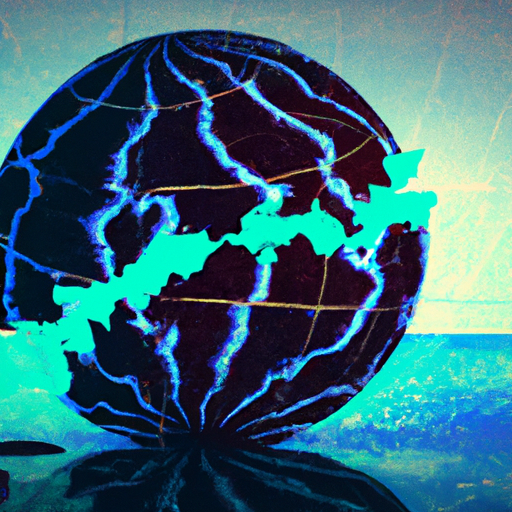Introduction
The Great Reset is a term coined by the World Economic Forum (WEF) to describe a global effort to rebuild the world’s economic and social systems in the wake of the COVID-19 pandemic. The Great Reset is a plan to create a more sustainable, equitable, and resilient world. However, the Great Reset has been met with skepticism and criticism from many quarters. Critics argue that the Great Reset is a cover for a globalist agenda that seeks to undermine national sovereignty and impose a one-world government. In this article, we will explore the failure of the Great Reset, globalism, and one-world vision, and how cybercrime and activism will delay the plans.
The Failure of the Great Reset
The Great Reset has failed to gain traction in many parts of the world. The COVID-19 pandemic has exposed the weaknesses of the global economic and social systems, but it has also highlighted the limitations of global governance. The Great Reset seeks to address these weaknesses by promoting a more sustainable, equitable, and resilient world. However, the Great Reset has been criticized for being too vague and lacking in concrete proposals. Critics argue that the Great Reset is a cover for a globalist agenda that seeks to undermine national sovereignty and impose a one-world government.
Globalism and One World Vision
Globalism is a political ideology that seeks to promote global cooperation and integration. Globalists believe that the world is becoming increasingly interconnected and that national borders are becoming less relevant. They argue that global problems such as climate change, poverty, and terrorism require global solutions. One world vision is a related concept that seeks to promote a world without borders, where people are free to move and trade without restrictions. One world vision is often associated with globalism, but it is also a separate concept.
Critics of globalism and one world vision argue that they undermine national sovereignty and promote a one-world government. They argue that globalism and one world vision are a threat to democracy and individual freedom. They also argue that globalism and one world vision are a cover for the interests of global elites who seek to impose their will on the rest of the world.

Cyber Crime and Activism
Cybercrime and activism are two factors that will delay the plans of the Great Reset, globalism, and one world vision. Cybercrime is a growing threat to global security. Cybercriminals can steal sensitive information, disrupt critical infrastructure, and cause economic damage. Cybercrime is a global problem that requires global cooperation to address. However, global cooperation is difficult to achieve when national interests are at stake.
Activism is another factor that will delay the plans of the Great Reset, globalism, and one world vision. Activists are people who seek to promote social and political change. Activists can be found in all parts of the world and can be motivated by a variety of causes. Activists can use a variety of tactics to promote their cause, including protests, boycotts, and civil disobedience. Activism can be a powerful force for change, but it can also be a source of conflict and instability.
Conclusion
The Great Reset, globalism, and one world vision are ambitious plans to create a more sustainable, equitable, and resilient world. However, these plans have been met with skepticism and criticism from many quarters. Critics argue that these plans are a cover for a globalist agenda that seeks to undermine national sovereignty and impose a one-world government. Cybercrime and activism are two factors that will delay the plans of the Great Reset, globalism, and one world vision. Cybercrime is a growing threat to global security, and global cooperation is difficult to achieve when national interests are at stake. Activism can be a powerful force for change, but it can also be a source of conflict and instability. The future of the Great Reset, globalism, and one world vision is uncertain, but it is clear that these plans will face significant challenges in the years to come.




